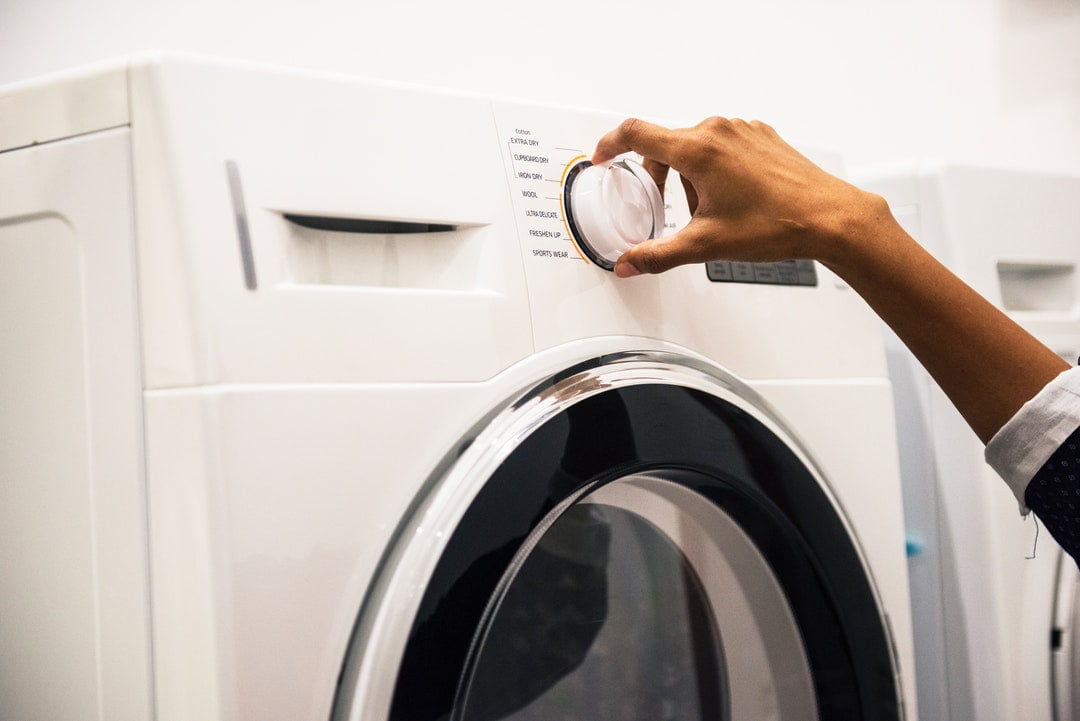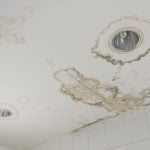If you’re a homeowner, you’ll know there are few things more annoying than a leaking washer. Minor floods in your laundry room are no joke, repairs can be complicated, you even can’t twiddle your thumbs and wait to make repairs, because you’ll eventually need to wash your clothes!
Fortunately, there are plenty of things you can check and try on your own when your washing machine is leaking. From inspecting loose or broken parts to removing clogs and debris, here’s what you should know to get this vital appliance back up and running fast.
Focus on Safety First
Whether you just want to check for some common culprits or tackle the in-depth solutions, make sure you’re focusing on your safety first. Ensure that your washer is switched off, and then unplug it. You should also make sure that your taps are turned off before tinkering with any of the fixes below.
Look for the Quick and Easy Solutions
Before you panic about a broken washing machine, there are a few simple issues that might be causing a flood on your laundry room floor. For example, it may simply be that your drains are blocked, resulting in water backing up the pipes. In this case, you can search “blocked drains essex” or a similar phrase wherever you are to find a plumber that can remove your blockage. However, there may be an issue with your machine itself, in which case, check the following:
Balance Your Washer
Check to be sure that your washer is balanced. Though this might seem like a minor concern, an unbalanced washer can shake and rattle during a spin cycle, causing water to puddle out onto the floor. If you’ve built a new pedestal, this should be the first thing you check.
Remove the Plastic Drain Cover
In some cases, a washer may leak if you haven’t removed the manufacturer’s plastic drain cover from a brand-new machine. This accident is more likely if you’ve installed the washer yourself, but even a pro might forget. All you’ll need to do is remove the plug and reattach the drain hose.
Use the Right Amount of Soap
Though it isn’t common, some washing machine leaks happen when you’re using too much soap. Too many soap suds can cause clogs that release water all over your floor. Make sure to check your manufacturer’s literature for information about the types and amounts of detergent to use.
Don’t Overload Your Washer
If you’re used to filling your washer beyond capacity, it can damage your machine over the long term. Make sure you know how much laundry your washer can hold by checking your manufacturer’s literature.
Check the Hoses
Pull your washing machine away from the wall to check each of the hoses. Look for loose connections that need tightening and clamps that need replacing. If you find any damage, rust, corrosion, or brittleness, replace the old hose with a new one to stop the leaking.
If you suspect a clog, you can also try disconnecting the hose in question to rinse it under a sink. In some cases, removing a kink or bend in the hose may be all that’s needed for proper water flow.
Check the Water Pump
If nothing’s wrong with your machine’s hoses, your pump is the next common culprit you should suspect. Your washer’s pump can clog when debris and dirt accumulate over time.
Open the pump’s access panel at the bottom of the machine. Your washer may have a filter or coin trap that’s easy to clean, allowing you to remove the debris and see if that helps. If not, you can remove the drain hose—allowing any water to flow out of it—and check for any clogs within.
While you’re there, be sure to check the seal and the hose casing. If you notice anything amiss, it might be time for a replacement.
Inspect the Door for Damage
If you think the water’s coming from the front of your machine, or if you’ve exhausted the common culprits above, check the door itself. This won’t often be an issue if you notice a top-loading washing machine leaking, but it can be a major issue for front-loading washers.
Look for any signs of dirt or debris around the seal, especially anything that might prevent the door from closing as it should. If there are any broken chunks or odd textures anywhere on the seal, or if it’s grown brittle with age, it might be time for a replacement.
Consider Professional Appliance Repair
Though many washing machine leaks are easy to fix at home with a little effort, you won’t be able to tackle major repairs on your own. If the leak isn’t a quick replacement or easy DIY fix, it may be time to hire appliance repair services. To learn more about expert appliance repair call now.
Though a washing machine repair may be an unexpected expense, shelling out for repairs can be a smart move for a newer machine—especially if it’s still under warranty. Even if it isn’t, a quick fix of a minor issue can lengthen the lifespan of your unit.
On the other hand, if you own an older model, or if the cost of repairs will be greater than half of the cost of a new washer, it might be smarter to replace the machine completely.
Act Fast When Your Washing Machine Is Leaking
No one likes dealing with a flooded mess on their laundry room floor, so it’s crucial to work fast when your washing machine is leaking. Diagnosing the problem at hand, especially in the case of an easy fix like a clogged filter or faulty hose, can help you get your unit back to peak performance in no time. If you’re struggling with a larger repair, or if you can’t figure out why the leak is still happening after running through the tips above, it might be time to call in a pro!
Looking for more tips to enhance your home and lifestyle? Be sure to take a look at the other content on our site.









